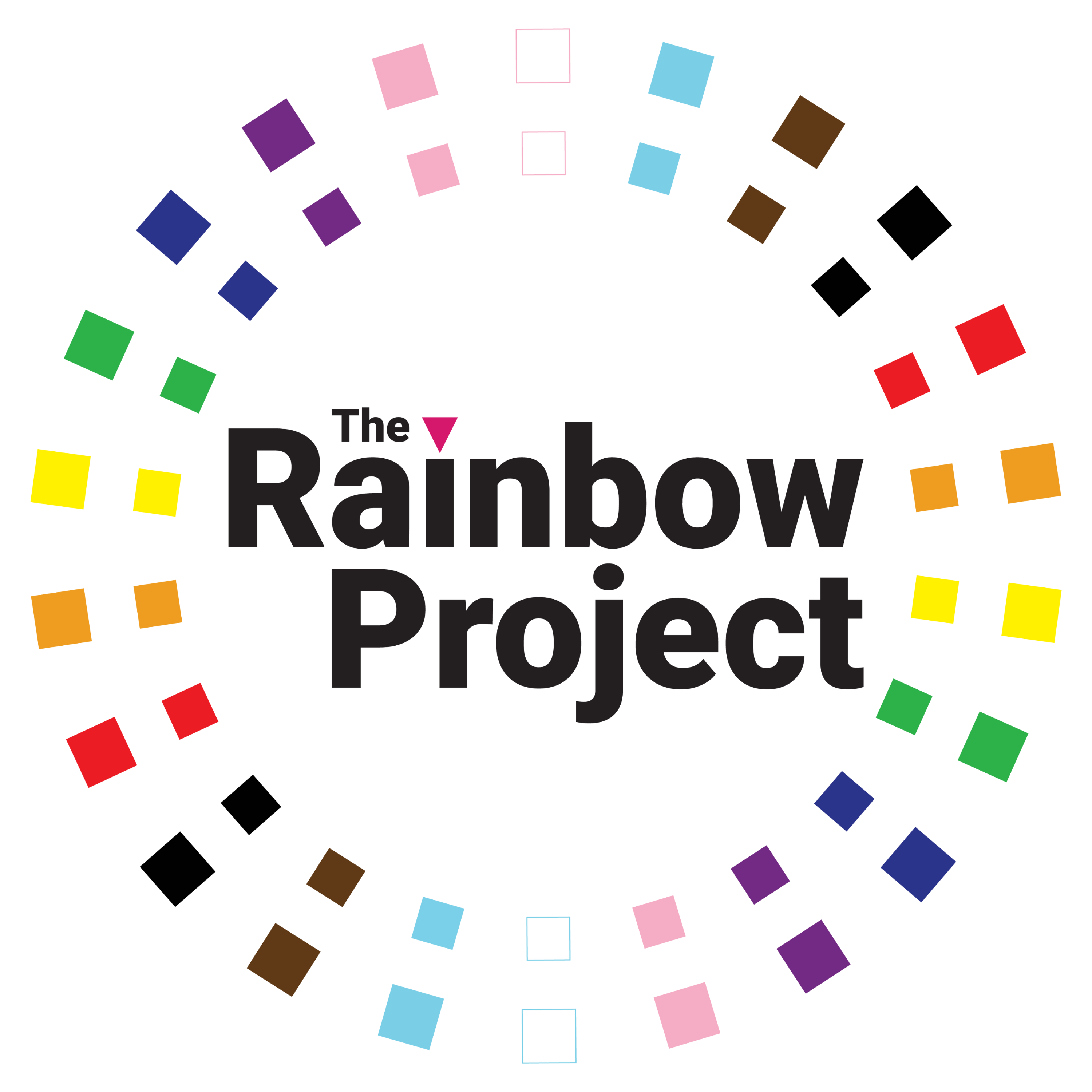Research into so-called ‘conversion therapy’, commissioned by LGBTQIA+ sector organisations and carried out by Queen’s University Belfast and Ulster University, has been launched today, recommending a ban on conversion practices in Northern Ireland.
Download the research: A Study of Conversion Practices in Northern Ireland – Research Report
The research, entitled ‘A Study of Conversion Practices in Northern Ireland,’ explores 10 individuals’ experiences of conversion practices within the past 10 years, delving into how these practices were delivered, the contexts within which they were offered and carried out, as well as the impact these practices had on the survivors.
Conversion practices (or so called “conversion therapies”) are acts which deliberately try to change or suppress a person’s sexual orientation or gender identity. They are based on the belief that it is better to be heterosexual and/or cisgender, and that other sexual orientations and gender identities are somehow flawed, wrong or “broken”.
They come in a wide range of forms, from pseudo-psychological treatments, to acts that take place in the home, and practices that are religious or spiritual in nature. Sometimes they are carried out by an individual, but they can also involve wider communities or friends and family members too. At their most extreme, conversion practices can involve physical and sexual violence.
Two participants, who were teenagers at the time, experienced these conversion practices within a mental health service. One, who experienced attempted suppression of his bisexuality, spoke about how this prevented him from accessing mental health support:
Download the research: A Study of Conversion Practices in Northern Ireland – Research Report
Of the ten participants, seven experienced conversion practices within a faith organisation or delivered by faith leaders, with some being referred by parents or teachers.
Participants were unanimous in recommending a ban on conversion practices, with some dispelling the notion that anyone can meaningfully ‘consent’ to these practices.
Download the research: A Study of Conversion Practices in Northern Ireland – Research Report
Scott Cuthbertson, Director of The Rainbow Project said:
“This vital piece of research outlines the reality of the situation in Northern Ireland, that LGBTQIA+ people are still subjected to conversion practices today. Not only do they still happen, but they take place in a wide range of settings, from mental health services to religious settings as well as within community organisations.
“Conversion practices are abusive, harmful, and must be comprehensively banned.”
Steve Williamson, Director of Cara-Friend, said:
“We welcome this report, which is essential reading for all our elected politicians and decision-makers. Children and young people, many of whom are faced with intolerant or unsupportive parents and family members, are particularly at risk of being funneled into conversion practices.
“These practices do untold harm to young people and can leave them with life-long trauma – trauma which can be avoided if the Executive and Assembly step up and deliver a comprehensive and inclusive ban.”
Cara McCann, Director of HereNI, said:
“This report makes it abundantly clear that conversion practices do not work, and sexual orientation and gender identity cannot be ‘converted’ or suppressed. The impact of these practices and the shame it leaves victims with can follow them for many years, ostracising them from their communities and often from their relationship with their faith.
“We welcome this research shining a light on this impact, and creating the evidence base to progress a comprehensive and inclusive legislative ban on so-called conversion therapy.”
- For press queries please contact Alexa Moore, Policy Campaigns and Communications Manager: 079 3354 5164 / alexa@rainbow-project.org
- Download the research: A Study of Conversion Practices in Northern Ireland – Research Report




